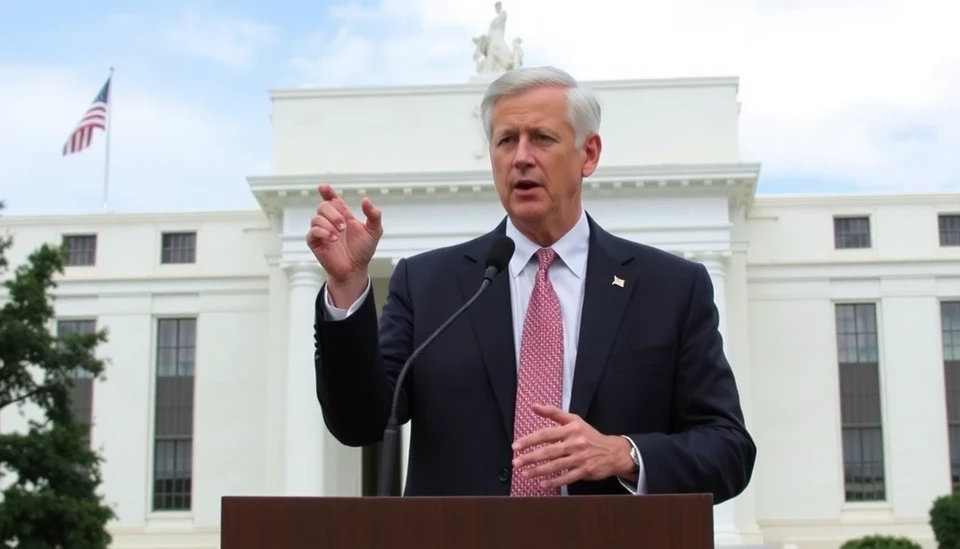The UK government has announced a delay in its plan to utilize supermarket scanner data for measuring inflation statistics, a move that has raised questions and concerns among economic analysts and policymakers. Initially slated for implementation in the coming months, the decision stems from concerns regarding the accuracy and reliability of the data to be collected through this new method.
This delay signals a cautious approach from the Office for National Statistics (ONS), which oversees the nation's statistical processes. The ONS aimed to bolster the transparency and precision of inflation measurements by leveraging real-time sales data from leading supermarket chains. However, extensive testing revealed potential discrepancies in the data, prompting a review that now extends the implementation timeline.
According to officials, the decision to postpone is rooted in the need for robust validation of the data before it can be integrated into key economic indicators. The inflation rate is a critical marker that influences various government policies and economic decisions affecting the entirety of the UK economy. Thus, accuracy in reporting is paramount.
Experts had lauded the initiative when it was first announced, arguing that using real-time transaction data could provide more timely and granular insights into consumer spending patterns and price changes. This would have allowed for a more agile response to inflationary pressures, particularly in a post-pandemic era where economic dynamics have shifted significantly.
Despite the delay, the ONS has committed to conducting further testing and refining its methodology to ensure that the data collected will be of the highest quality. The ONS emphasized that it recognizes the importance of timely and accurate inflation data, especially as the UK grapples with economic recovery amid rising costs living and fluctuating market conditions.
Critics, however, view this delay as a setback in the government's efforts to modernize its economic data collection methods. The reliance on traditional approaches to gauge inflation has drawn scrutiny, particularly in a landscape marked by rapid changes in consumer behavior and digital transactions. Many argue that without timely data, policymakers may be slow to react to emerging trends that could impact economic stability.
As the ONS works to address concerns and refine its approach, stakeholders from various sectors will be closely monitoring the situation. The government's ability to produce reliable inflation metrics is crucial for maintaining public confidence and guiding fiscal policies. The postponement of this new data collection strategy illustrates the ongoing challenges faced by statistical agencies in adapting to modern economic realities.
#inflation #delay #UKeconomy #ONS #supermarket #data #statistics #government #reviews
Author: Laura Mitchell




